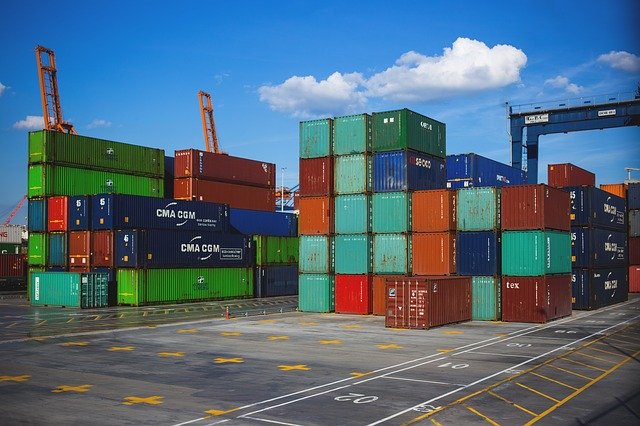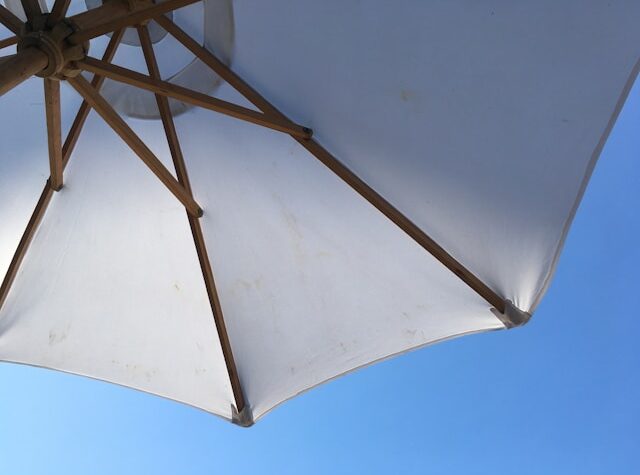
Container ships are iconic images at any one of the port cities in the United States. To the uninformed eye, they look alike save for the different colored containers stacked on top. There are many different types of ships involved in international freight transport, including container ships, bulk carriers, and tanker ships. Different types of cargo require conditions, and the ships are built to suit their cargo.
Ship Navigation
International freight transport ships can travel great distances across the oceans and have specialized electronic and navigation equipment to help deliver the freight and crew safely to the next port. Many port cities have businesses that service the specialized needs of container ships such as installation, repair, and marine electronic annual surveys.
Container Ships
Container Ships are vessels built specifically to hold enormous amounts of freight packed in containers. Containers are standardized according to the International Organization for Standardization (ISO). While the containers come in various sizes and lengths, the average container is eight feet wide and eight and a half feet high. Container ships have a crane built on the ship to help load and unload containers.
Bulk Carriers
Cargo in bulk quantities, many times dry cargo is transported by bulk carrier ships. Generally, the cargo is transported without any specific packaging (loose cargo). Common products transported in this way include cement, food grains, ores, and coals. The cargo is removed using spoon-shaped cranes that access specifically designed areas of the ship.
Tanker Ships
Tanker ships are built to carry large amounts of liquid cargo. They differ in design from many other transport ships because they have specialized leak-tightness and structural resistance to keep the freight from contaminating the ocean. They also have a pumping system to load and unload the liquid cargo. Each tanker ship is specialized based on the type of liquid cargo being transported. There are many different types of tankers, including chemical and product carriers, which have separate tanks to keep the chemicals from mixing, oil tankers that can hold up to two million barrels of oil, liquefied gas carriers built to maintain temperature and pressure. Other types of tankers include those for perishable food, livestock, and wheeled vehicles.
Those giant ships with colorful rectangle containers stacked high on top are more technologically advanced than they may appear. They are more than just a giant ship stacked with building blocks. They are sophisticated ships with specialized electronic and navigation systems designed with the cargo in mind.





More Stories
How Packaging and Design Solutions Can Enhance Product Visibility
The Cost-Effective Way to Boost Your Website’s SEO With Outsourcing Link Building
The Importance of Signages in your Daily Life